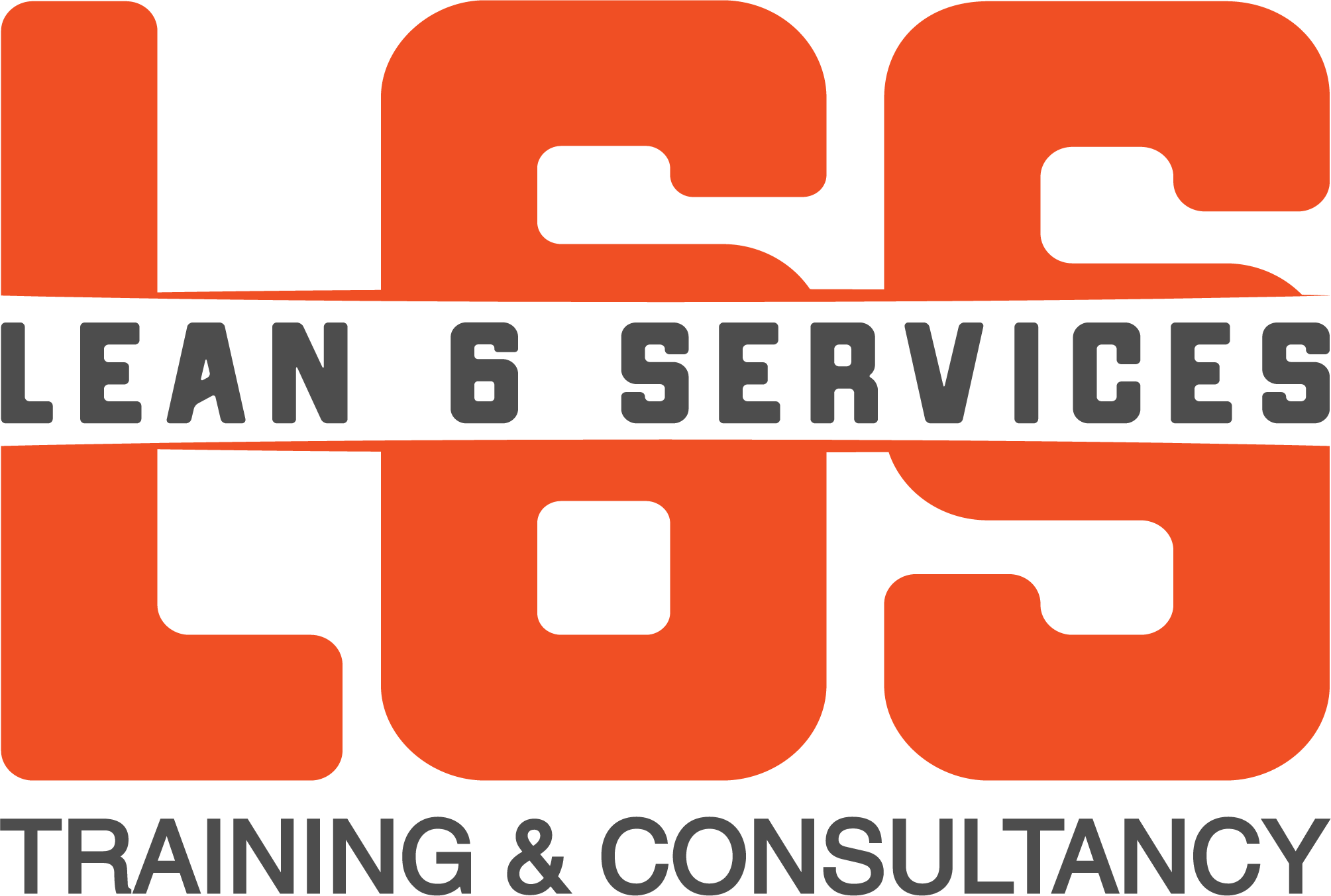Recognising The Benefits of Effective Leadership with Lean 6 Services
- Jimmy Forster
- Apr 2, 2024
- 4 min read

At Lean 6 Services, we recognise that effective leadership is the cornerstone of successful business transformation. That's why we offer a comprehensive suite of courses and resources designed to equip leaders at all levels with the skills and insights needed to inspire, guide, and drive their teams towards excellence.
Our Lean Leadership courses are tailored to help leaders grasp the principles of Lean methodologies, promoting a culture of continuous improvement within their organisations.
From foundational concepts to advanced leadership skills, our programs cover a wide range of topics to ensure that leaders possess the knowledge and competencies to lead effectively.
Research conducted by the Harvard Business Review found that companies with high-quality leaders are 13 times more likely to outperform their competition in key metrics such as financial performance, employee engagement, and customer satisfaction.
Whether it's mastering the art of supervision, navigating team dynamics, or handling difficult conversations and managing conflict, our courses provide leaders with the tools and techniques they need to succeed.
Leadership within Lean 6 Sigma principles goes beyond guiding. We offer programs focused on problem-solving, stress awareness, facilitating a culture of constant improvement, efficiency, and resilience, while always recognising the demands of leadership. Our goal is to empower leaders to become catalysts for positive change within their organisations, driving the transformative journey towards excellence.
A study by the Centre for Creative Leadership revealed that organisations with strong leadership development programs are 1.5 times more likely to be high-performing than those without such programs.

In a workplace where leadership is lacking, several negative consequences can arise.
Lack of direction: Without strong leadership, employees may feel directionless and uncertain about their roles and responsibilities. This can lead to confusion, decreased productivity, and disengagement.
Low morale: Poor leadership can result in low morale among employees. When leaders fail to inspire, motivate, or support their teams, employees may feel undervalued, unappreciated, and demotivated. According to a report by the Ken Blanchard Companies, 73% of employees who feel valued by their leaders are engaged in their work, compared to only 38% of those who do not feel valued.
High turnover: Employees are more likely to leave an organisation if they feel unsupported or undervalued by their leaders. High turnover rates can disrupt workflow, increase recruitment costs, and hinder team cohesion.
Ineffective decision-making: Leadership plays a critical role in decision-making processes within an organisation. Without strong leadership, decisions may be delayed, inconsistent, or made without proper consideration of the consequences, leading to inefficiencies and missed opportunities.

Poor communication: Effective communication is essential for building collaboration, resolving conflicts, and ensuring alignment within a team. In the absence of good leadership, communication breakdowns are more likely to occur, leading to misunderstandings, conflicts, and decreased productivity.
Overall, the absence of good leadership can have detrimental effects on organisational culture, employee morale, and business performance. Investing in leadership development and creating a supportive environment for leaders to thrive is crucial for long-term success.
There are many statistics out there that emphasise the critical role that good leadership plays in driving organisational success, employee engagement, and overall performance. Investing in leadership development and creating a culture of effective leadership can earn significant benefits for businesses in terms of competitiveness, innovation, and employee satisfaction.
Leadership development in the workplace, as facilitated by professionals like Jimmy from Lean 6, holds paramount importance for several reasons.
Employee Engagement and Retention: Effective leadership creates a positive work environment where employees feel valued, motivated, and engaged. This, in turn, leads to higher levels of job satisfaction and employee retention, reducing turnover costs for organisations.
The Global Leadership Forecast by DDI found that organisations with higher-quality leaders are 13 times more likely to outperform their competition in terms of financial performance.
Organisational Performance: Strong leadership is directly correlated with organisational performance. Leaders who possess the necessary skills and qualities can effectively align teams, set clear goals, and drive performance improvements, ultimately leading to enhanced productivity and profitability.
Innovation and Adaptability: Leadership development encourages innovation and creates a culture of continuous improvement within the organisation. Strong leaders empower their teams to think creatively, adapt to change, and explore new opportunities, driving innovation and keeping the organisation ahead of the curve.
Effective Communication: Effective leaders excel in communication, both in terms of conveying information clearly and listening attentively to their teams. Improved communication skills lead to better collaboration, reduced conflicts, and increased efficiency in completing tasks and projects.

Succession Planning: Investing in leadership development ensures that organisations have a pipeline of capable leaders ready to step into key roles as needed. Succession planning becomes smoother and more effective when there is a focus on grooming and developing internal talent.
Employee Development: Leadership development programs not only benefit current leaders but also help in identifying and nurturing future leaders within the organisation. Providing opportunities for growth and development builds loyalty and commitment among employees, leading to a more skilled and capable workforce.
In summary, investing in leadership development is crucial for organisations looking to improve employee engagement, drive performance, foster innovation, and build a sustainable competitive advantage in today's business environment. With Jimmy's expertise and guidance, individuals and organisations can realise their leadership potential and chart a path to long-term success.
Investing in leadership development isn't just about the individuals—it's about the entire organisation. By equipping leaders with the skills they need to succeed, we're helping to build stronger, more resilient businesses that are poised for long-term success.


Comments